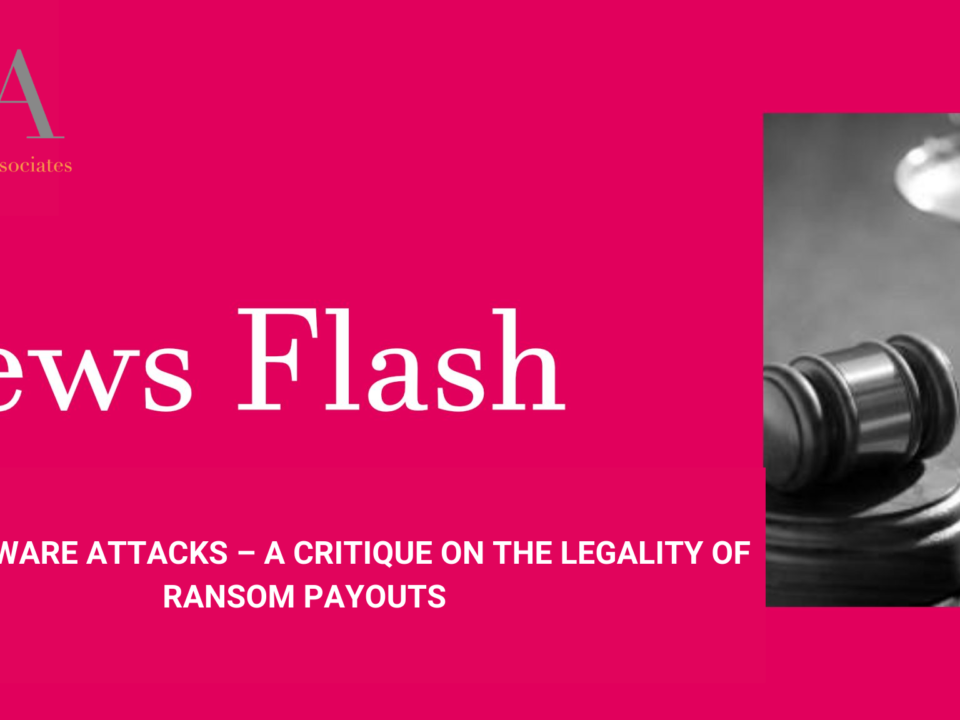Can the existence of urgency dispel the requirement of the opportunity of a fair hearing – The principle ofAudi alteram partem from the standpoint of RBI’s 2016 Master Circular on declaration of a wilful defaulter

The well-established principle of natural justice came up for consideration before the Telangana High Court in the case of Mr. Rajesh Agarwal vs Reserve Bank of India and others, wherein the legal position of Master Directions on Fraud issued under Section 35-A of the Banking Regulation Act, 1949 by the Reserve Bank of India, were to be examined in light of the principles of audi alteram partem.
A substantial legal question before the High Court was, whether the said principles should be read into the Master Circular or not?
Additionally, the court had to examine if Joint Lenders Forum (JLF) and Fraud Identification Committee (FIC) was justified in concluding the borrower Company to be a holder of fraudulent account.
In the instant case, the petitioner was the Chairman and the Managing Director of M/s. B. S. Limited that suffered huge financial losses due to the cancellation of contract and encashment of bank guarantee. The petitioner raised the contention that the opportunity of hearing was denied to both, the petitioner and the Company ostensibly on the ground that the Master Circular does not include the right of hearing in its scope and ambit. Consequently, the account of the Company was announced as ‘fraud’ and ‘willful defaulter’ by the JLF and the FIC.
The respondent in their counter-arguments declared that the existence of principles of natural justice cannot be read in every statute or a circular. The purpose of the Master Circular is to detect and report frauds in the banking system, as expeditiously as possible.
The courts observation came after analyzing in length the provisions enumerated in Clause 8.12.1 and 8.12.2 of the Master Circular, it observed that once a company is declared as a fraudulent borrower, the director’s and promoters civil and fundamental rights are adversely affected. Further, the Court acknowledged the existence of an inbuilt system for checks/ investigations during the different stages of loan life cycle that had been prescribed by the Master Circular. Moreover, taking note of the submissions, it was established that there was a gap of 4 ½ months between the decision of the JLF and the FIC. This inter alia shows that the contention that urgency demands that principles of natural justice should not be read into the Master Circular, was fallacious.
Whilst dealing with the aspect as to whether the opinion formed JLF and FIC of declaring borrowers account as fraud was justified or not, the Court observed that evidence was to be placed before the JLF for it to formulate its opinion. Therefore, the evidence to be read against a party needs to be furnished to the party. Additionally, the party has to be given an opportunity to explain, or challenge the evidence.
Upon bare perusal of the facts, it was concluded that this rudimentary principle had been ignored. In light of the above, it was concluded that the decision of the JLF and resolution of the FIC was legally unsustainable since a vital requirement of audi alteram partem was conspicuously missing.



